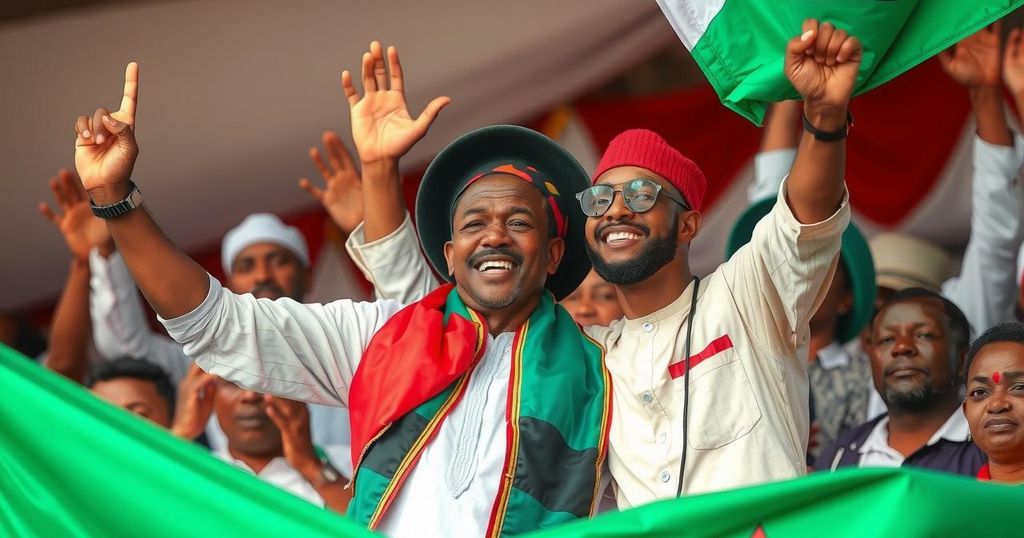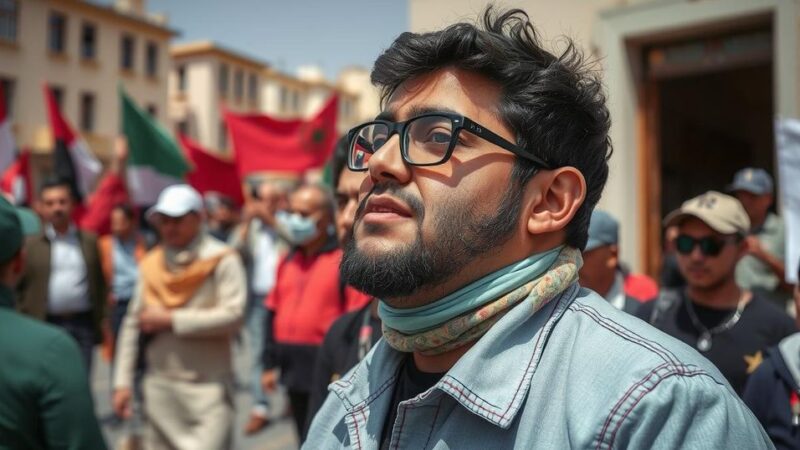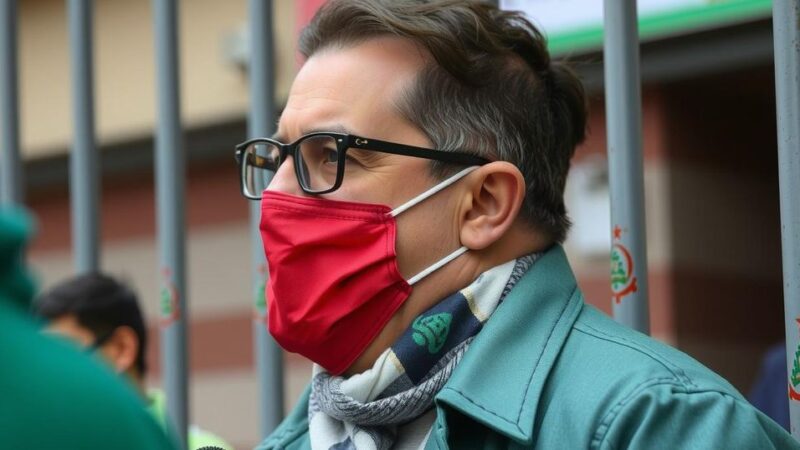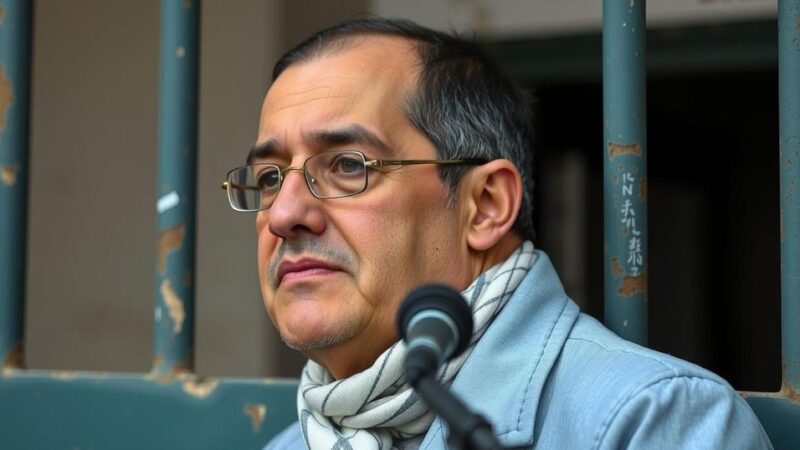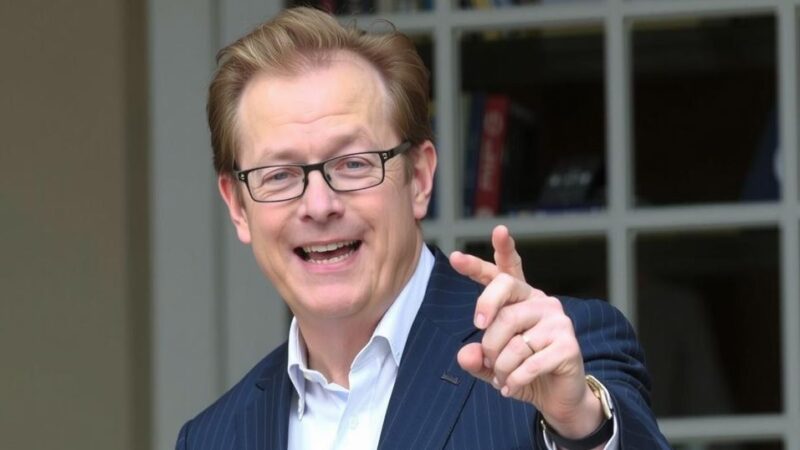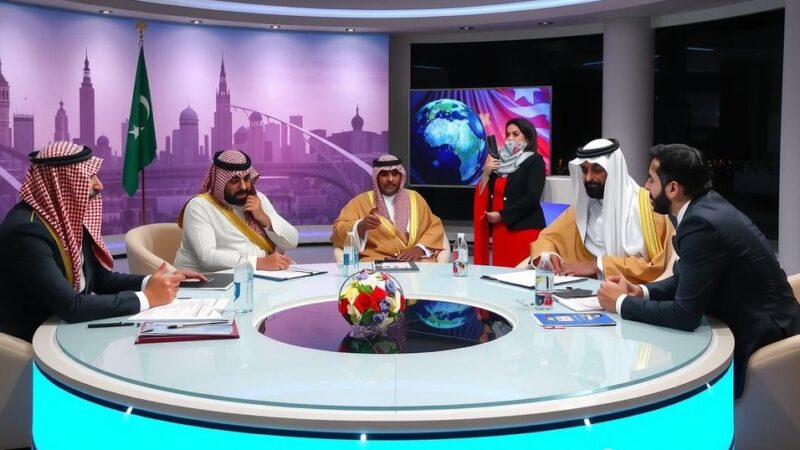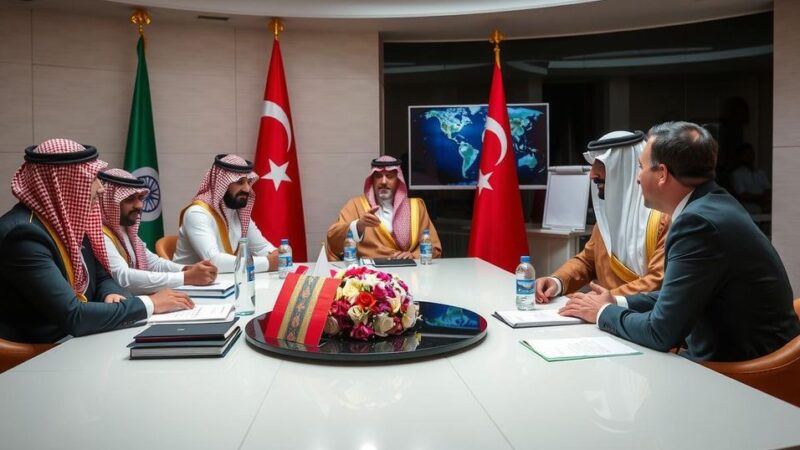Chad’s ruling Patriotic Salvation Movement won a majority in the December parliamentary elections, securing 124 out of 188 seats with a voter turnout of 51.5%, despite a boycott from over ten opposition parties. The election marks Chad’s first parliamentary contest in over a decade, and President Déby emphasizes a transition towards decentralization. Opposition parties condemned the election, labeling it a “charade”, highlighting the ongoing tension in Chadian politics.
In December, Chad’s ruling Patriotic Salvation Movement (MPS) party decisively won a majority in the parliamentary elections, capturing 124 out of 188 seats, as provisional results revealed. This victory occurs amidst a boycott by more than ten opposition parties, which includes the main opposition party, Transformers, led by Succès Masra, who previously placed second in the presidential election. Despite voter turnout being recorded at 51.5%, opposition parties labeled the election as a “charade,” indicating fears that it echoed the disputed presidential vote from last year, which was deemed not credible by observers.
This parliamentary election was a significant event, marking Chad’s first parliamentary elections in over a decade, part of a transition to democracy initiated after Mahamat Idriss Déby, the military ruler since 2021, assumed power following his father’s death. Déby positioned this electoral process as a step towards decentralization, seeking to distribute governance power to regional and municipal authorities. However, the absence of substantial opposition participation raises concerns about the legitimacy and representativeness of this electoral outcome.
Chad has faced a tumultuous political landscape following the death of its long-standing leader, Idriss Déby Itno, in 2021. The military-led transition under his son, Mahamat Idriss Déby, has aimed to navigate Chad toward democratic governance. However, ongoing security challenges, particularly from insurgents like Boko Haram, and the fracturing of military ties with France highlight the complexities of the nation’s political reforms. The recent parliamentary elections serve as a litmus test for civilian power and governance amidst these challenges, especially with significant opposition boycott calls underscoring mistrust in the electoral process.
The parliamentary elections in Chad reflect a crucial moment in the country’s political transformation, as the ruling party secures major dominance amid widespread opposition boycotts. The implications of these results are significant, potentially solidifying the current regime’s control while raising questions about the future of democratic processes in Chad. As the nation addresses both internal security issues and external relationships, the call for genuine decentralization remains pivotal for its populace’s aspirations.
Original Source: www.rfi.fr

